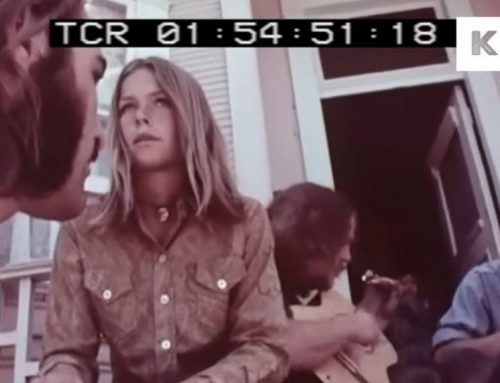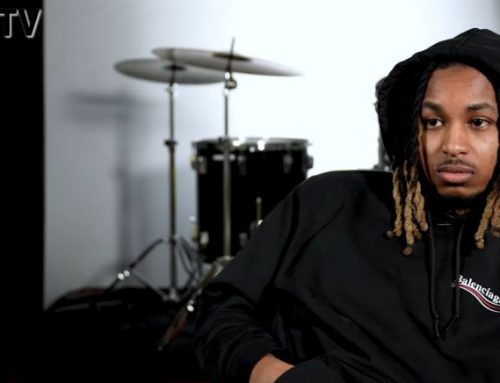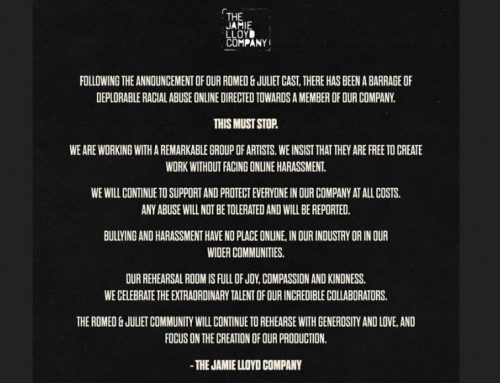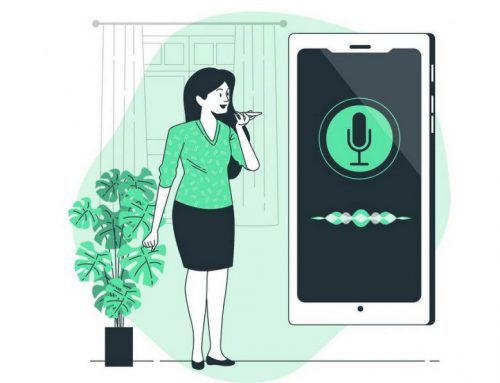A group aligned with the government behind this huge social media app is using facial data and information from its users to generate fake identifications which are then used to open accounts to launder money.
TikTok
China
TikTok updates US privacy policy to collect ‘faceprints and voiceprints’ (but won’t explain what they are)
TikTok has updated its privacy policy in the US to notify users that the app might, in future, collect new types of biometric information including “faceprints and voiceprints.” But when reached by The Verge, TikTok was unable to explain what types of data these terms referred to, or why the app might need to access this information in the first place.
The company’s privacy policy was updated on June 2nd, as spotted by TechCrunch. (An archived version of the old policy can be read here.) The new policy lays out in some detail the ways in which the TikTok app now has permission to analyze users’ content.
The policy states:
“We may collect information about the images and audio that are a part of your User Content, such as identifying the objects and scenery that appear, the existence and location within an image of face and body features and attributes, the nature of the audio, and the text of the words spoken in your User Content. We may collect this information to enable special video effects, for content moderation, for demographic classification, for content and ad recommendations, and for other non-personally-identifying operations.”
As is often the case with privacy policies, there’s a lot of conflation here between outcomes that users are probably fine with (like adding video effects) and outcomes they might think are more invasive (like ad targeting and “demographic classification.”) There’s also a lot of broad language used in order to cover any future updates TikTok might add to the platform.
The new privacy policy is more explicit that the app can now collect biometric data — that is, the measurement of physical characteristics, including the aforementioned “faceprints and voiceprints.” The policy says TikTok will seek consent from users before collecting this information, but only when it is required to do so by the law. As TechCrunch notes, this doesn’t mean an awful lot in the US, given that only a few states (including Illinois, Texas, and California) offer these sorts of legal protections. And indeed, TikTok might think that agreeing to its terms of service constitutes all the consent it will need. – Source
Read more on these Tags: China, TikTok









